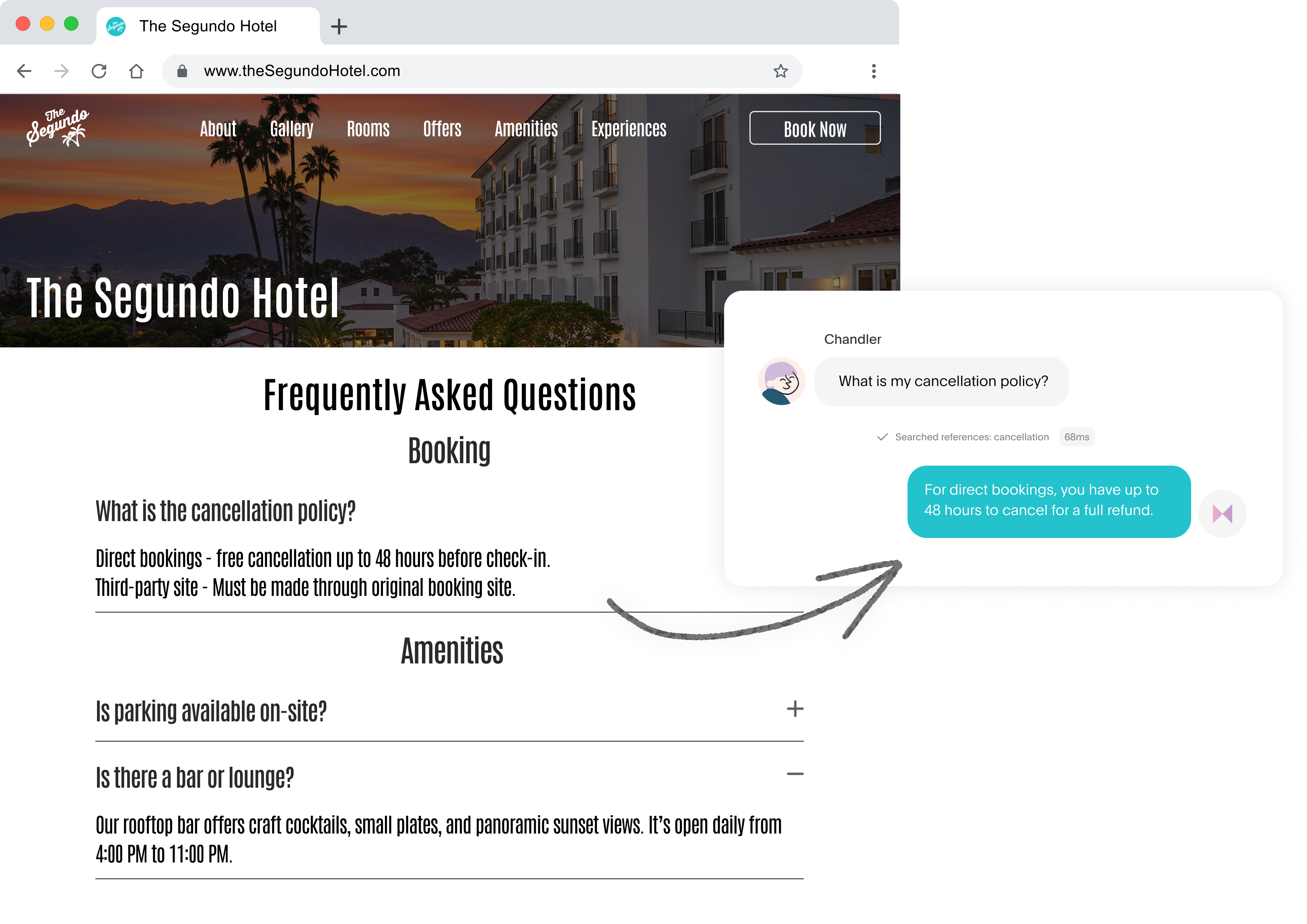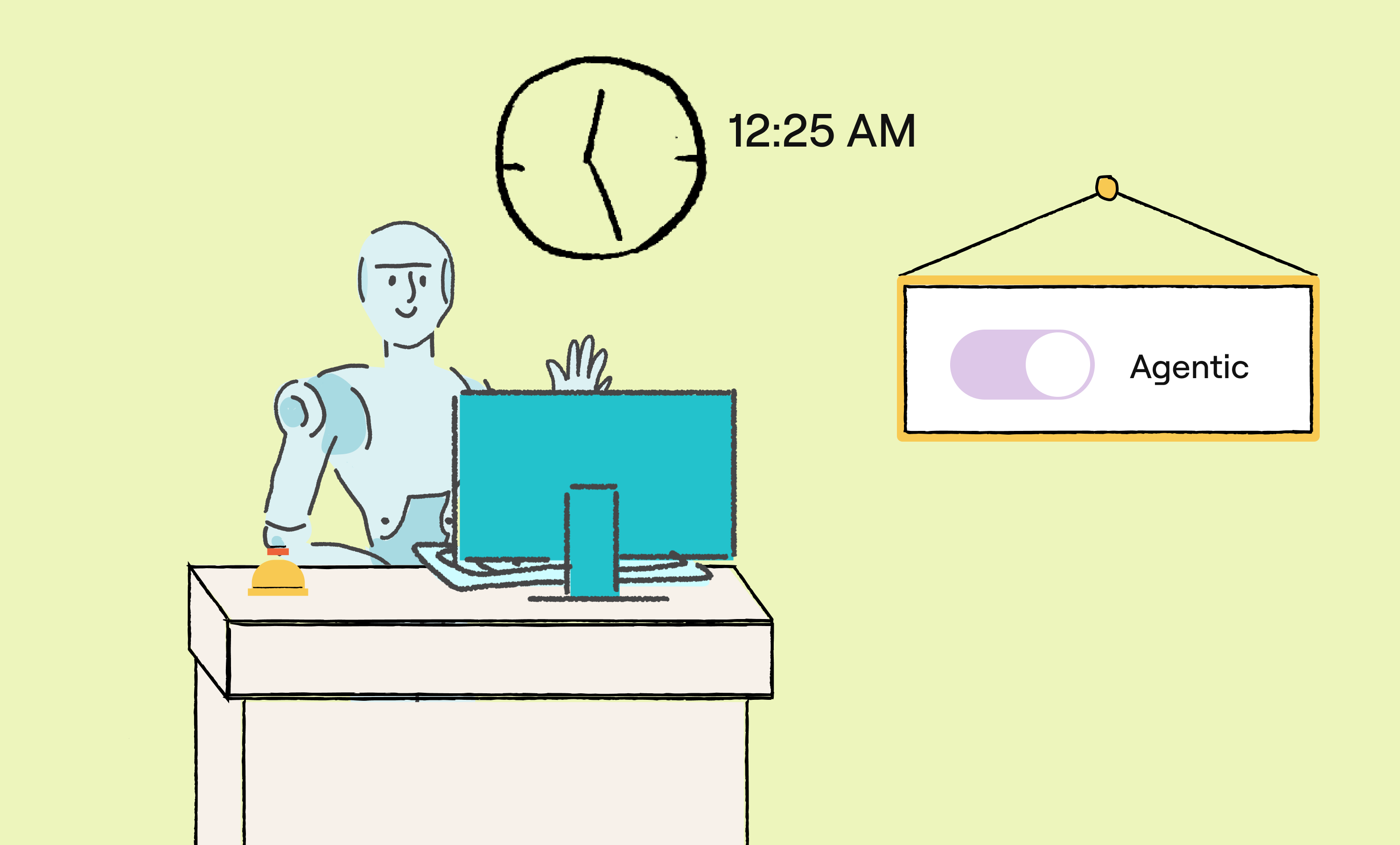How Self Check-In Technology Drives Hotel Profitability
Discover how self check-in technology is transforming hotel operations and boosting profitability. This blog breaks down the key financial and experiential benefits of adopting self check-in systems—from cutting labor costs and increasing staff efficiency to enhancing guest satisfaction and unlocking new revenue streams. Whether you're managing a boutique property or scaling operations, this post reveals why self check-in is more than a tech upgrade—it's a strategic investment in your hotel’s future.
How Self Check-In Technology Drives Hotel Profitability
In today's hospitality landscape, hotels face growing pressure to operate leaner while exceeding guest expectations. As staffing challenges persist and operational costs rise, many properties are turning to self check-in technology to drive profitability. This blog explores how self check-in not only reduces expenses but also enhances guest satisfaction and opens new revenue streams—making it a smart, strategic investment for modern hotels.
Reducing Operational Costs
One of the most immediate financial benefits of self check-in is the significant reduction in staffing costs. Front desk operations traditionally demand considerable labor hours, especially during peak times and overnight shifts. Self check-in technology dramatically reduces these labor needs, directly translating into substantial payroll savings.
For example, a recent Ariane case study reported a boutique hotel saving €81,000 (approximately $93,800 USD) in staffing costs within just one year of implementing self check-in technology, with almost half of their guests choosing automated self check-in. This compelling financial result clearly illustrates the strong ROI potential of self check-in.
Maximizing Efficiency and Increasing Productivity
Self check-in solutions allow staff to redirect their focus from routine administrative duties toward tasks that create value for guests, directly impacting productivity and operational efficiency. By automating self check-in procedures, the overall hotel workflow becomes more efficient, enabling a leaner operational structure without sacrificing service quality.
A recent report by Keycafe demonstrates these benefits: By installing an automated key exchange system, Littoral Hotel & Spa enabled 24/7 self check-in, cut night-shift costs by approximately $60,000 per year, and empowered staff to shift their focus from manual check-ins to guest engagement. As the co-owner remarked, “The night shift will probably never come back. So, we will save a lot of money in a year.”
Enhancing Guest Satisfaction and Driving Repeat Business
Financial gains from self check-in extend beyond cost savings—they also improve guest satisfaction, which has a direct correlation to repeat bookings and positive online reviews. According to SabeeApp, even brief delays at traditional check-in can reduce guest satisfaction dramatically. Self check-in technology provides a fast, seamless, and efficient self check-in process, dramatically enhancing the overall guest experience.
A survey revealed that 85% of travelers prefer hotels offering self check-in options, recognizing the convenience and autonomy self check-in systems provide. Increased guest satisfaction from self check-in often leads to positive reviews and greater repeat business, further amplifying ROI.
Opportunities for Additional Revenue Streams
Self check-in technology can also be leveraged as an opportunity to generate incremental revenue. With integrated digital upselling and cross-selling capabilities during the self check-in process, hotels can effectively market room upgrades, special services, dining reservations, and other experiences.
Industry insights from HotelTechReport indicate that automated self check-in kiosks frequently result in an increase in ancillary revenue, as guests are more inclined to purchase upgrades or add-ons through self check-in kiosks or mobile self check-in apps.
Quantifying ROI: Tangible Financial Metrics
Calculating the ROI from self check-in technology involves assessing direct labor cost reductions, enhanced productivity from self check-in automation, increased guest satisfaction due to streamlined self check-in processes, and incremental revenue generation opportunities. Hotels that have adopted self check-in systems typically see measurable ROI within 6 to 12 months of implementation, making self check-in a highly attractive investment from a financial planning standpoint.
These clear, quantifiable metrics make it easier for hotel operators to justify budget allocations and evaluate the long-term financial value of self check-in technology.
Conclusion: The Strategic Investment for Boutique Hotels
In an era where operational excellence and financial accountability are paramount, self check-in technology presents a powerful solution. It not only addresses the immediate need for operational efficiency but also delivers measurable financial returns. For boutique properties aiming to optimize resources and elevate the guest experience, self check-in is a smart investment in long-term success.
Time is one the greatest asset and one of the things that [Akia] has helped us out as a property tremendously.
Emily F.
Executive Assistant
Time is one the greatest asset and one of the things that [Akia] has helped us out as a property tremendously.
Ethan Fishbane
Director of The Front Office, Prince Waikiki
Schedule of events and useful links
Never miss a beat with our comprehensive schedule of events and collection of useful links.

Schedule of events and useful links
Never miss a beat with our comprehensive schedule of events and collection of useful links.

See Akia in action!
Schedule a demo today and learn how our hospitality platform can transform your operations and elevate your guest experience.













